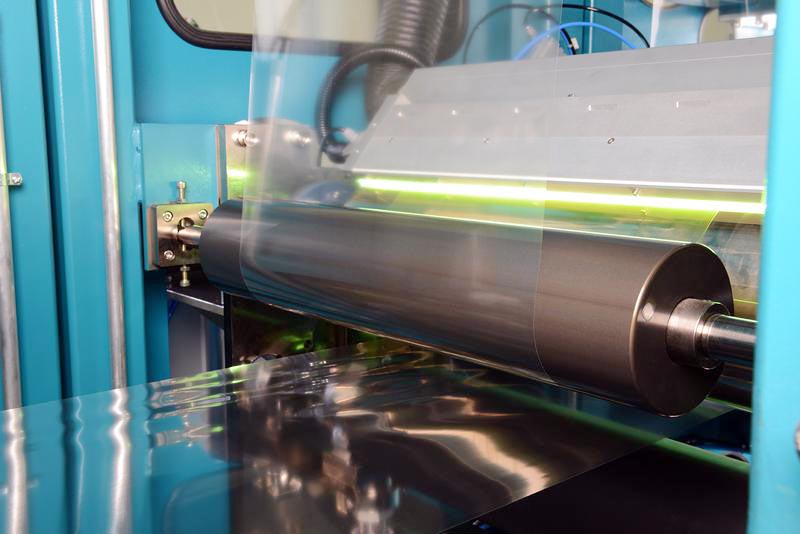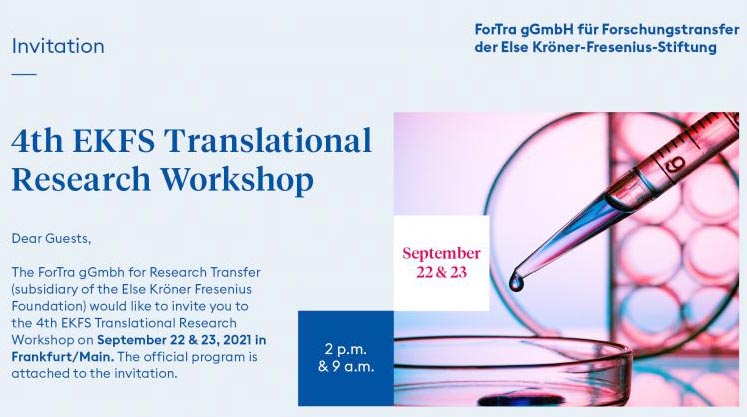

Ten hospital-based public and private sector radiology practices in Queensland, Australia, participated in the study. A one day feedback and optimization training workshop was conducted for participating practices and was attended by the radiologist and medical imaging technologist responsible for the project at each site.
Data from 1,208 scans performed prior to the workshop was compared to data from 1,153 scans performed after the workshop. Results showed that after the workshop the average dose reduction for adult MDCT scans of the brain was 46 percent; for adult MDCT pulmonary angiograms was 28 percent; for adult MDCT lumbar spine scans was 29 percent; and for adult MDCT urograms was 24 percent.
“Although recent advances in CT technology may offer dose savings without the need to undertake an optimization process, recent work indicates that optimization is still required to deliver maximum dose savings while maintaining diagnostic image quality,” said Anthony Wallace, medical physicist and lead author of the study.
“Our study shows that small group teaching about optimization enabled clinically meaningful dose reduction for a variety of common adult scans. However, access to medical radiation physicists, assistance with time consuming data collection, and technical support from a medical imaging technologist, were critical to the success of the program,” said Wallace.
The August issue of JACR is an important resource for radiology and nuclear medicine professionals as well as students seeking clinical and educational improvement.
For more information about JACR, please visit www.jacr.org.
To receive an electronic copy of an article appearing in JACR or to set up an interview with a JACR author or another ACR member, please contact Heather Curry at 703-390-9822 or hcurry@acr-arrs.org.














